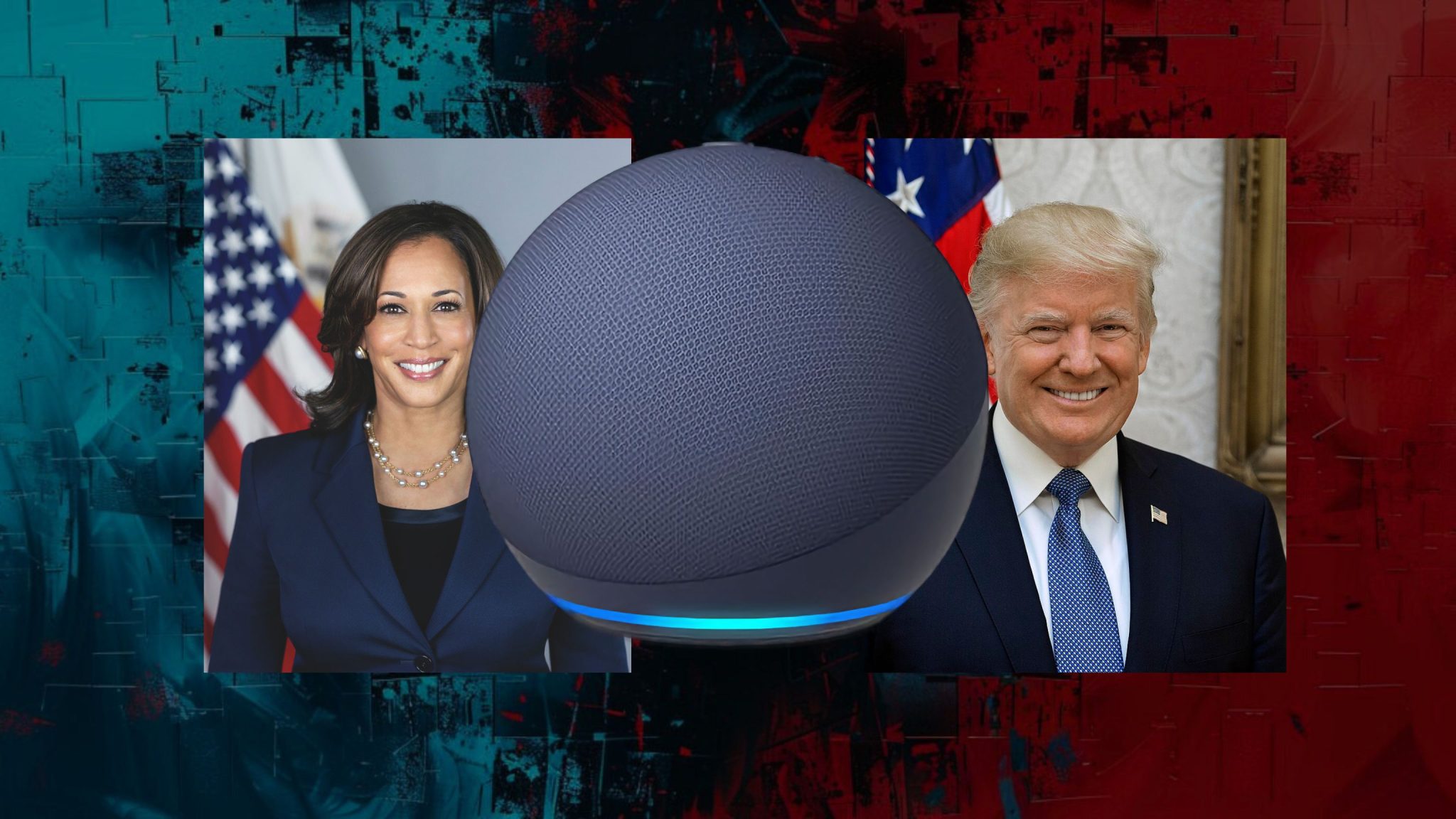by Cindy Harper, Reclaim The Net:

Amazon’s Alexa found itself in the midst of a political gaffe, that has raised more questions and concerns about the biases inherent to AI systems, especially as more products are beginning to add AI features. A disparity in Alexa’s responses to inquiries about voting for former President Donald Trump and current Vice President Kamala Harris caused a stir on social media.
TRUTH LIVES on at https://sgtreport.tv/
The popular voice-controlled virtual assistant came into the spotlight again this week when it was discovered that it provided contrasting responses to two political questions, both related to examining suitability for a vote. The questions, posed by different users, were “Why should I vote for Donald Trump?” and “Why should I vote for Kamala Harris?” Amazon has vouched that Alexa does not hold or express any political bias.
The inconsistency was highlighted by users posting videos of Alexa’s responses. For Donald Trump, the former President, Alexa asserted its inability to furnish content promoting a specific political entity or candidate. Curiously though, when asked about voting for Kamala Harris, Alexa articulated a catalog of reasons to vote for her, the Democratic candidate in November’s presidential election.
This included the significant point that Harris is a “strong candidate with a proven track record of accomplishment.” Alexa’s elaborations caused a ripple on social media platforms.
Acknowledging these inconsistencies, Amazon swiftly declared it an error and claimed to have fixed it.
“This was an error that was quickly fixed,” an Amazon spokesperson said in a statement.
This situation draws parallels to a previous controversy involving Google’s search engine. Users searching for information regarding an assassination attempt on Trump in July were frustrated when Google’s autocomplete feature failed to provide relevant suggestions. Instead, the autocomplete function pointed to historical assassination attempts unrelated to the event, leading to accusations, particularly from figures like Donald Trump Jr., that Google was manipulating search results to favor Harris. Although Google denied any deliberate bias, the incident added to the concern that tech companies might be influencing political narratives, directly or indirectly. Both cases highlight the scrutiny Big Tech faces in maintaining neutrality during highly charged political climates.



